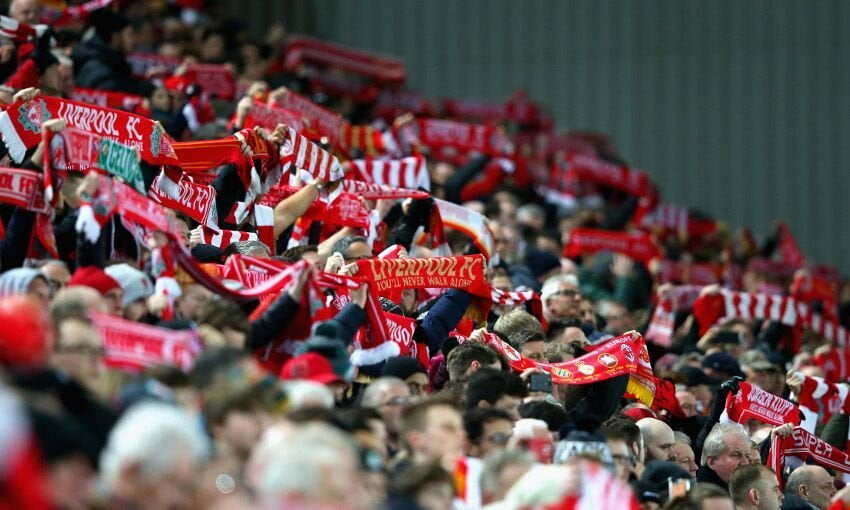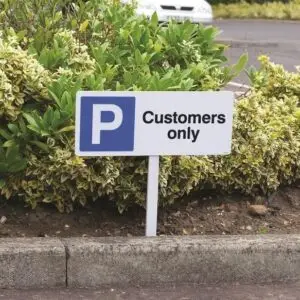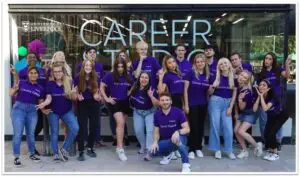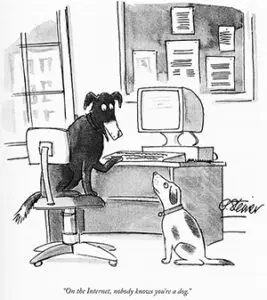Recently I met with the manager from a local business – the type of firm an economist would call an ‘SME’ – a small and medium sized enterprise. Over the years, no matter how tough the trading conditions, his firm has somehow managed not only to hold on to its customer base, but to grow it.
Given my fascination with organisations that provide great customer service, I pressed him to tell me how they’d done it.
What he told me has changed the way I think about customer engagement.
He started by recounting how successful the 2018 financial year had been for them. Profits were up, new product lines were doing well, and their new staff were generating a healthy return on investment. Though he didn’t say it, the fact that their main regional competitor had lost its way couldn’t have done them any harm, either.
So, one sunny Sunday afternoon in June, they decided to host a ‘thank you’ event for customers and staff: a bit of a ‘do’ to mark the end of a successful year.
Seven hundred and fifty thousand people turned up.
The name of the SME: Liverpool Football Club. They’d just won the European Cup and were parading the trophy through the streets of Liverpool. As far as corporate events go, this was slightly better attended than your average chamber of commerce bash. Yet strip away the bunting, the mounted police, the buzzing of the TV helicopters, and that’s exactly what it was – minus the canapes.
I’d been speaking with the club’s chairman – not that we were talking football.
LFC is one of the UK’s biggest and most valuable sporting brands, with over half a billion worldwide fans. Note: fans not customers. There’s a difference.
Customers are fleeting, they shop around, try things on for size, chop and change. Fans, on the other hand stick to you like climate protesters to a tube train. Fans tattoo themselves with your logo, name their kids after your employees, reschedule their weddings around your commitment – they even ask for their ashes to be scattered on your premises.
Unfazed by your setbacks, fans hold their heads up high and walk with hope in their hearts, convincing themselves that at the end of the storm a golden sky will appear and the sweet sliver song of the lark (fans get teary at the first bars of your corporate anthem).
In a global marketplace, turning customers into fans is the new gold standard: the differentiator between winners and also-rans. And these new alchemists aren’t only sports brands, but IT start-ups, challenger banks, budget hotels, regional airlines, niche retailers, boutique hotels. Many of the stellar performers you won’t even have heard of: micro-breweries with heaps of hop-loving connoisseurs, specialist craftspeople with two-year waiting lists, name-your-price garden designers, plumbers, renovators, painters and decorators. They too have their legions of loved-up loyals – they just don’t shout about it.
If you want to start turning customers into fans, here’s five tips to get you started.
Fans not Customers!
Ask yourself “Why?” – as in, why are we doing this? Why are we different? Why should anyone be a fan of ours?
Focus on telling and retelling powerful narratives that people can hold on to.
Know your “tribes” and differentiate around them accordingly.
Emphasise traditions and rituals (they’re what make you memorable). Repeat as necessary.
Celebrate achievements – even the small ones. In the words of Liverpool’s German football coach, “Life is too short not to celebrate nice moments.”
Ultimately, as Starbucks’ founder Howard Shultz noted, all fans have one thing in common. They want to feel part of something bigger than themselves. They want to feel at home, that they belong, that they’re valued.
Equally important is that they receive exceptional service. Even now, universities are nervous about using the word ‘customer,’ preferring to see students as co-producers in their own learning. Perhaps it’s time to think again. If students don’t yet think of themselves as customers, their parents seem comfortable with the idea.
At the end of our conversation, I asked the manager a question I’ve never before asked at a business meeting. I asked for his autograph. Graciously, he signed his name and beneath it wrote the letters ‘YNWA.’
And that for me is the key. You don’t have to be a Liverpool fan, you don’t even have to like football, but if you can start turning customers (or students) into fans, no matter how stormy and wind-tossed the road ahead, you’ll never walk alone.
© Paul Redmond 2020







